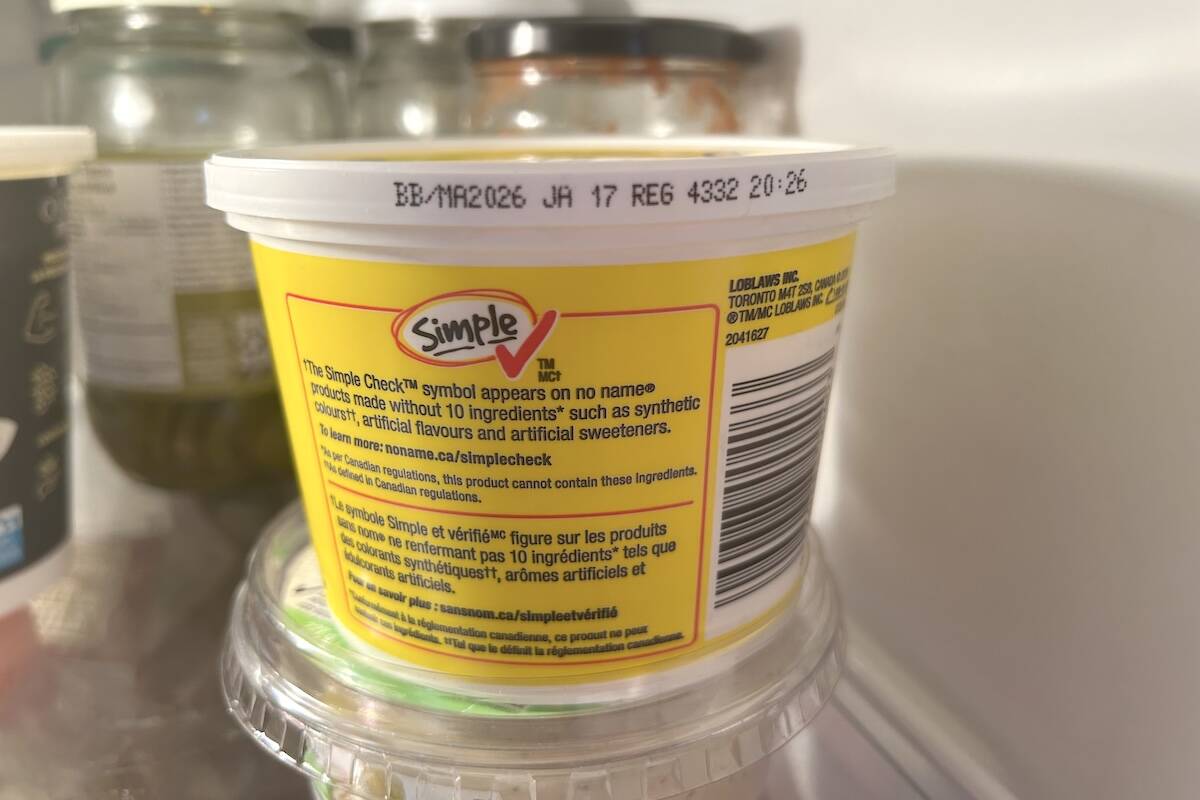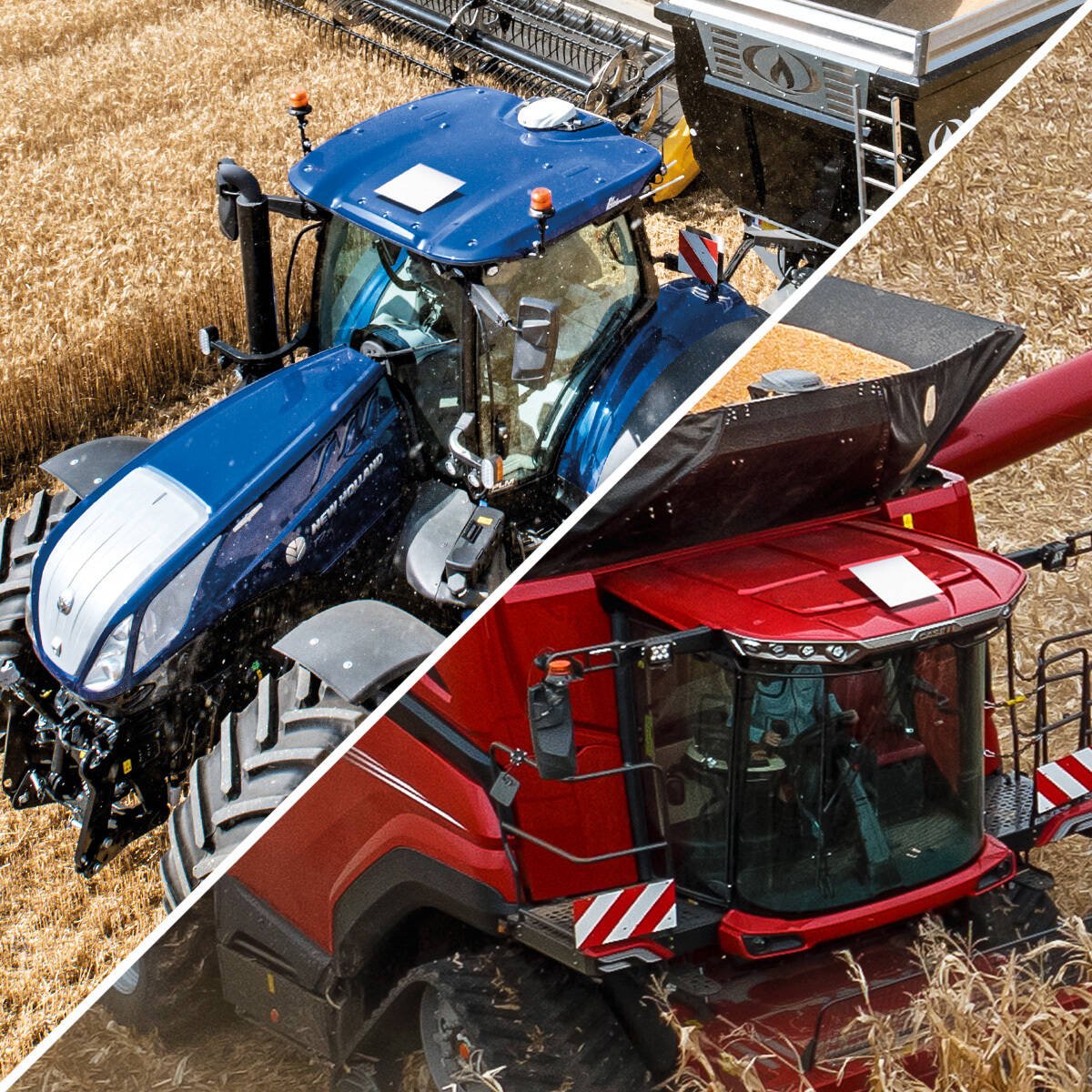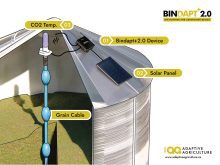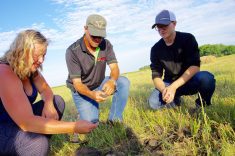The growing level of digital technology packed into today’s farm machines requires good connectivity, and that can be a problem.
Cellular service in rural areas has improved over the years, but there are still significant gaps in coverage, to the point where machinery brands now find it necessary to address that problem themselves.
Last year, John Deere announced it was partnering with SpaceX’s Starlink satellite service to provide enhanced connectivity for its machines.
Read Also

Best before doesn’t mean bad after
Best before dates are not expiry dates, and the confusion often leads to plenty of food waste.
The service kicked off in Brazil, where a widespread lack of connectivity is a major problem for farmers, and in January the brand announced the satellite service would be made available as a backup connection to cellular in the U.S. Deere has now made that service available in Canada, too (see below).
In mid-May, CNH said it will address the connectivity concern in the same way, by inking its own agreement with Starlink. The manufacturer had announced a similar agreement in 2024 with Virginia-based Intelsat.
“This collaboration will provide customers of CNH brands, Case IH, New Holland and Steyr, with robust and affordable high-speed connectivity, further unlocking the benefits of a fully connected fleet, even in the most remote rural locations around the world,” the company said of the Starlink agreement in a news release.
CNH’s FieldOps digital platform will sync seamlessly with the Starlink service and provide enhanced data transfer capabilities.
Starlink is widely considered to be the company most capable of providing the service, as a leader in the satellite-based connectivity business. Even governments around the world have chosen to contract with it.
It’s estimated roughly half a million Canadian households also get their internet access through Starlink’s service.
However, while it has become the global go-to provider, there are now growing concerns about the implications of leaning too heavily on the provider. None of those reasons have to do with technical ability, but rather its corporate leadership.
SpaceX’s owner, Elon Musk, and his political association with U.S. President Donald Trump in the first months of Trump’s second administration, have raised wariness around the service, particularly for those relying on it outside the U.S.
In February, Global News reported U.S. negotiators attempting to reach a minerals agreement with Ukraine threatened to cut off that country’s access to Starlink communications as a negotiating threat.
In a CTV News online post in late March, Dwayne Winseck, a professor of journalism and communications at Carleton University who has studied Starlink, told the network he thinks Canadian governments must do the maximum possible to disentangle themselves from the company.
In a March 4 public announcement in response to U.S. tariff threats and Musk’s involvement in government affairs, Ontario Premier Doug Ford did just that, cancelling the province’s $100 million Starlink agreement to provide services to remote regions of the province.
The European Union is also reported to be looking for alternatives to Starlink, citing both security and reliability concerns as well as a need to avoid reliance on foreign systems in a time of growing political uncertainty.
In early March, Musk reposted a message on X in which he said he should cut off British Columbia from Starlink service because the province excluded his Tesla brand cars from provincial rebate eligibility.
An April 2025 report from the Global Media and Internet Concentration Project also suggests relying on Starlink presents a serious reliability risk for Canadian subscribers, citing Musk’s role in the Trump administration.
“The fact that Musk controls Starlink’s entire value chain raises urgent questions about national sovereignty and security,” it read, in part.
There are other satellite service providers out there, such as Eutelsat from Europe and Canada’s Telesat — but both apparently have some way to go to match the level of service Starlink can provide.
“We do have the ability to build our own infrastructure in Canada, and we have the expertise,” CTV quoted Winseck as saying. “We should be building our own economy, our own industries to do it, rather than outsourcing it to a foreign company.”
















